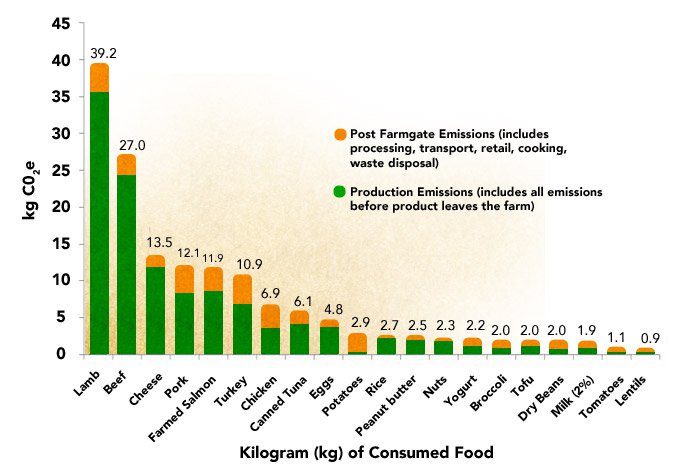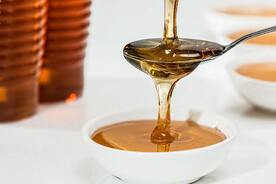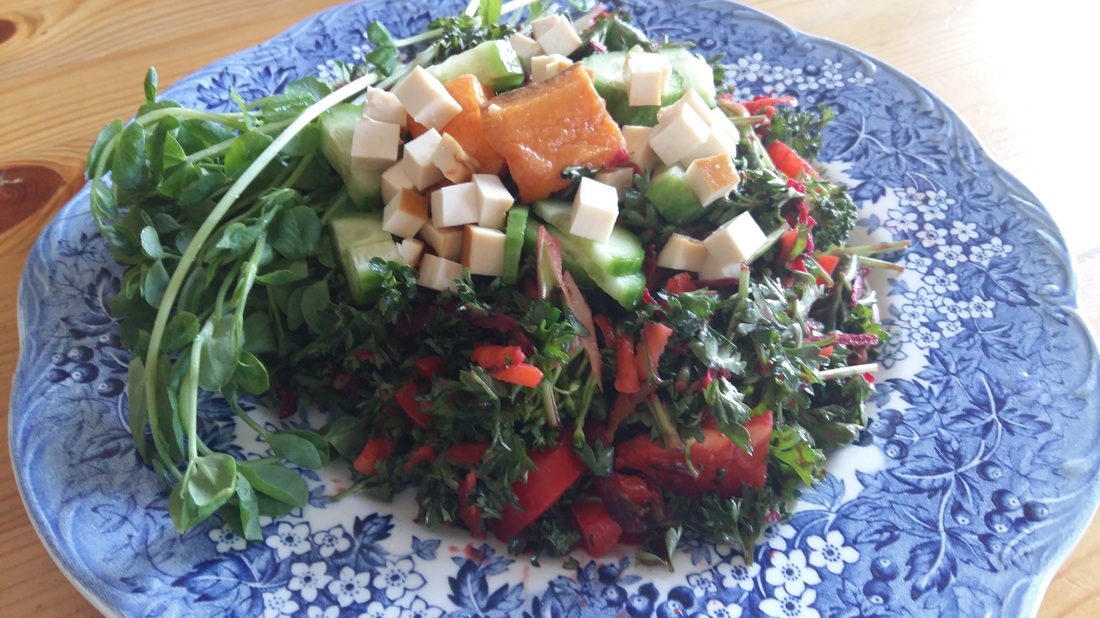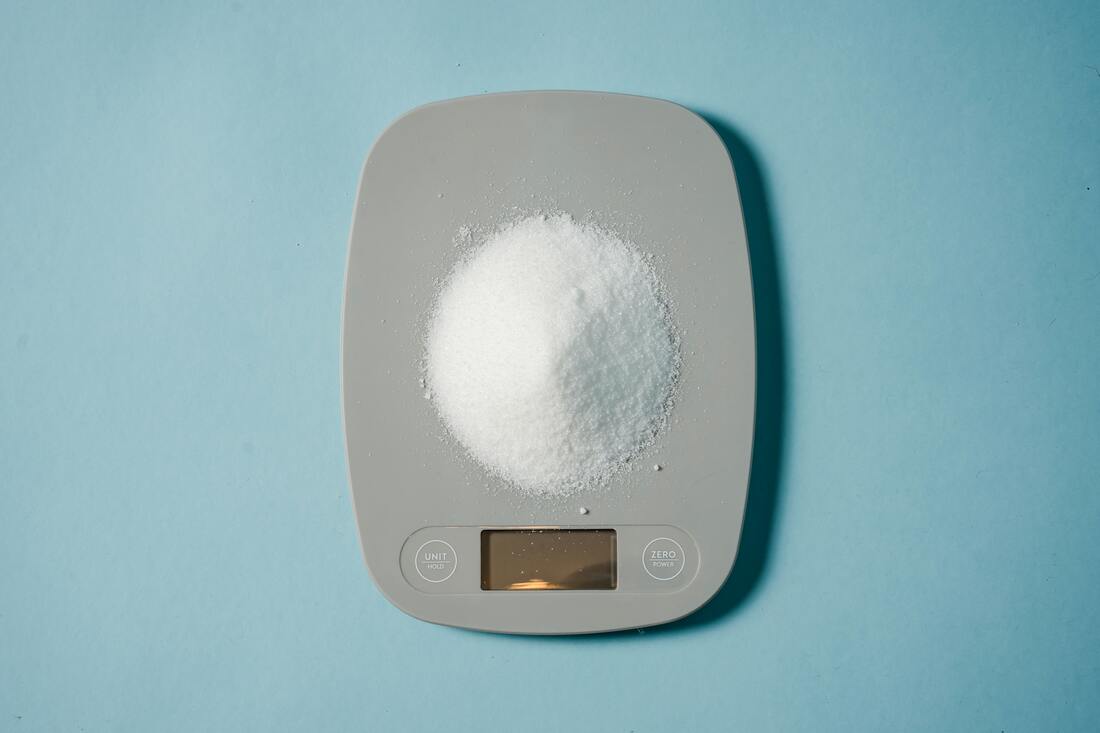As it is coming up on Earth day soon, let's look at a few statistics that draw light on the environmental impact of different protein type foods and their carbon footprints.
The chart below shows the total of greenhouse gas emissions for common protein foods and vegetables, expressed as kilograms (kg) of carbon dioxide equivalents (CO2e) per kg of consumed product put out by the Environmental Working Group, peer reviewed and government sponsored studies.
This is why taking meat off the table for just one week equates to leaving the car at home for 30!
Thanks to an abundance of scientific research that demonstrates the health and environmental benefits of a plant-based diet, even the federal government recommends that we consume most of our calories from grain products, vegetables and fruits. No wonder: An estimated 70 % of all diseases, including one-third of all cancers, are related to diet. A vegetarian diet reduces the risk for chronic degenerative diseases such as obesity, coronary artery disease, high blood pressure, hypertention, diabetes and certain types of cancer including colon, breast, prostate, stomach, lung and esophageal cancer.(1,2)
Prevention is key, and it starts on the plate.
Contrary to popular belief, vegetarians consume about the same amount of most key nutrients as meat-eaters. B12 and Zinc are of most concern, while intake of calcium, vitamins A, C, D, E, magnesium and iron are typically no lower than that of meat-eaters. The Physicians Committee for Responsible Medicine states while calcium is important in the diet it is not the regular amounts of calcium from milk that help us avoid injuries like bone fractures or osteoporosis but the decreased intake of sodium and inflammatory foods, along side exercise will help maintain bone mass throughout the years.(3) Vitamin B-12 can be challenging as it's mainly found in animal products. Plant sources include fortified cereals, plant milks, fermented foods, and nutritional yeast. Zinc is found in beans, pumpkin seeds, wheat germ.
Plant-based proteins are most favorable because they contain high amounts of beneficial nutrients such as complex carbohydrates, minerals, vitamins along with fibre. Vegetable protein sources include beans, peas, lentils, nuts, seeds, grains, and algaes. Whether you're vegetarian or not, these foods should be a central part of your diet. If you are considering going meat-free and have any concerns, you can meet with a Certified Holistic Nutritionist, ND, RD, that specializes in Vegetarian and Vegan diets that will personalize a plan to fit your life and nutritional needs.
So after taking meat off the table for 1 week, 1 day per week, or completely, you will have to make the decision for yourself, you always know in your heart what is best for you! Some other ways to reduce your carbon footprint, and eat more nutritious food is to source local, organic, in season, and food that was grown biodynamically.
Ideas for recipes, tips and inspiration, please visit Wild Seed's Recipe Page for great whole food dinner ideas.
Enjoy Veg Week everyone!
~In Health
References;
1)Reduced cancer risk in vegetarians: an analysis of recent reports; Cancer Management and Research;Amy Joy Lanou, Barbara Svenson, 2010 Dec 20
http://www.ncbi.nlm.nih.gov/pmc/articles/PMC3048091/
2)Japanese review of 39 studies shows a meatless menu might boost cardiovascular health, but the findings are preliminary; WebMD News from HealthDay, Feb. 24, 2014
http://www.webmd.com/hypertension-high-blood-pressure/news/20140224/vegetarian-diet-may-help-lower-blood-pressure-research-suggests
3)Health Concerns about Dairy Products; Physicians Committee for Responsible Medicine
http://www.pcrm.org/health/diets/vegdiets/health-concerns-about-dairy-products









